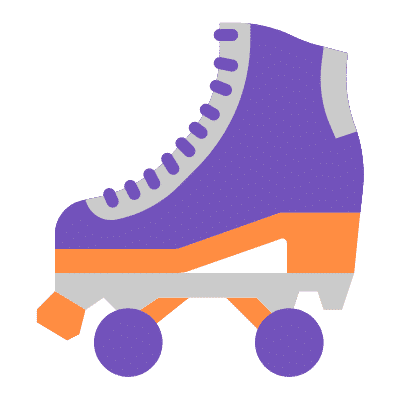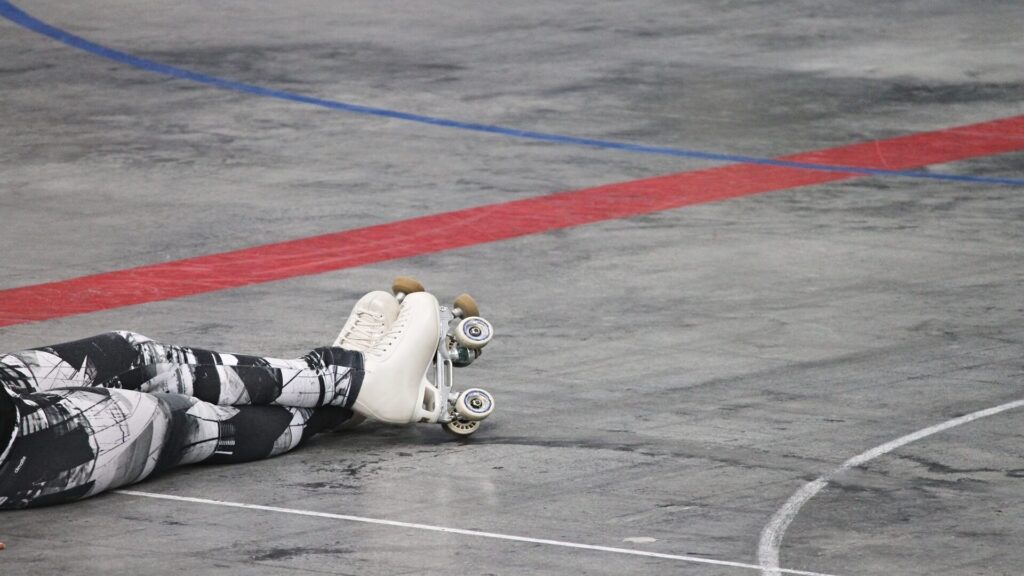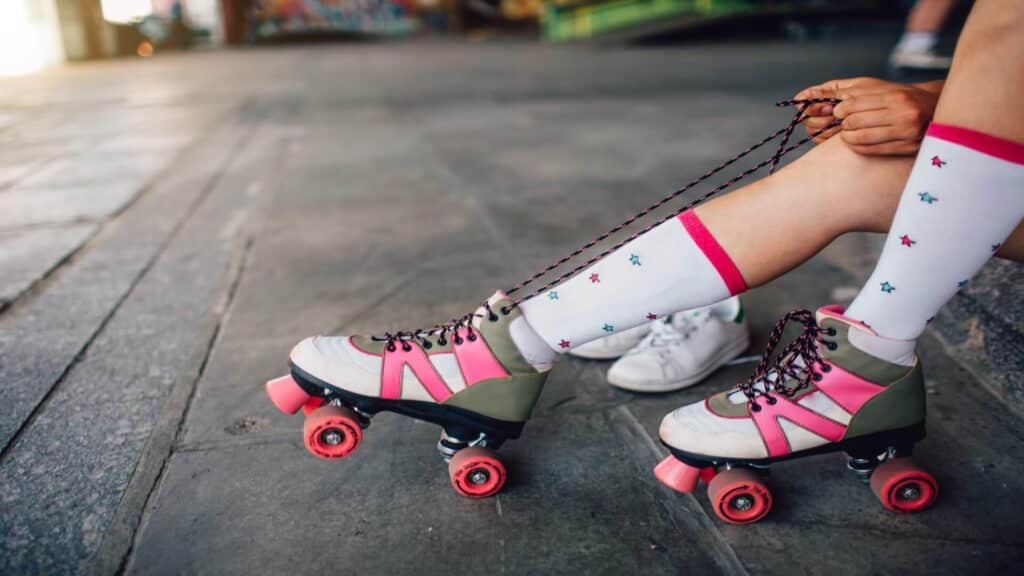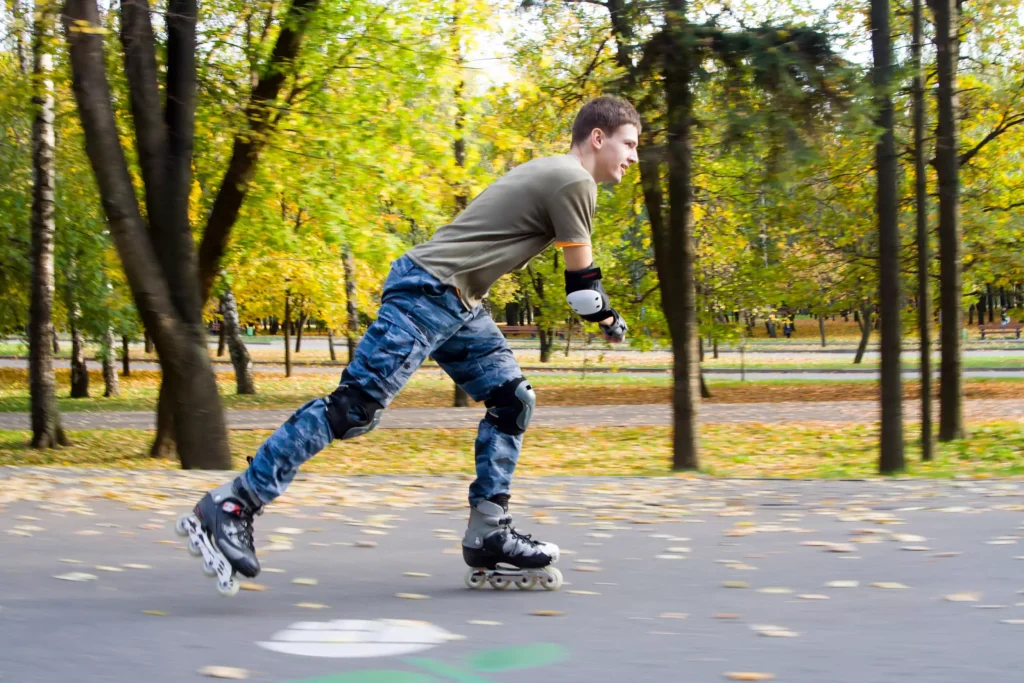Roller skating has long been a fun hobby and form of exercise, but recent research has shown it also provides surprising benefits for mental health. From relieving stress and anxiety to boosting self-esteem and mood, strapping on a pair of skates can be an easy and enjoyable way to give your mental well-being a lift. This article will explore the positive effects roller skating can have on the mind, from the mood-enhancing endorphins released when you’re gliding around the rink to the confidence that comes from mastering a new skill.
We’ll also look at studies that reveal how just a short skating session can reduce depression. Whether you’re an experienced skater or have never tried it before, you may find that making roller skating a regular activity can provide a boost to both your physical and mental health. So lace up those skates and let’s roll into the wide-ranging benefits this fun activity offers for wellness of mind.
Table of Contents
What Causes Anxiety?
Anxiety is a mental health disorder that can be triggered by a variety of factors and the symptoms are similar to those of other disorders. Anxiety can be caused by genetics, environmental factors, or trauma.
Anxiety is an umbrella term for several different disorders including generalized anxiety disorder (GAD), obsessive-compulsive disorder (OCD), panic disorder, post-traumatic stress disorder (PTSD), social anxiety disorder (SAD), specific phobia, and acute stress reaction.
Disclaimer: all the information is not a substitute for professional medical advice. Consult a doctor for personalized guidance.
Why is roller skating so beneficial to your mental health?
Roller skating is one of the most beneficial and enjoyable exercises you can do. It is a great way to keep your body in shape, but it also has some surprising benefits for your mental health.
Roller skating is an aerobic exercise that provides a great workout for your heart and lungs. It also strengthens your muscles and joints, improves balance, and increases agility.
But roller skating also has some surprising benefits for your mental health. Roller skating can help relieve stress by releasing endorphins into the bloodstream that act as natural painkillers in the brain. Roller skating can also help with anxiety by providing a fun distraction from everyday worries or concerns.
For an even more zen experience, try skating in a beautiful natural setting like a park or on an outdoor rink. It’s no surprise that roller skates are great for your mental health, but what you might not know is that they also help with balance and coordination.
In fact, some sports scientists believe the benefits of roller skating for children can help them with their coordination and balance as they develop into adults. The best part is you can also improve your integration and balance skills at the same time! Roller skating is a great way to de-stress, exercise, and stay fit while having fun.
The Positive Mental Health Effects of Just 10 Minutes of Skating
A study was done in which the participants were assigned to either a skating group or a non-skating group. The participants in the skating group were given 10 minutes of skating time, while those in the non-skating group remained seated for 10 minutes.
The results showed that after just 10 minutes of skating, there was an increase in positive mental health effects such as mood enhancement and reduced depression.
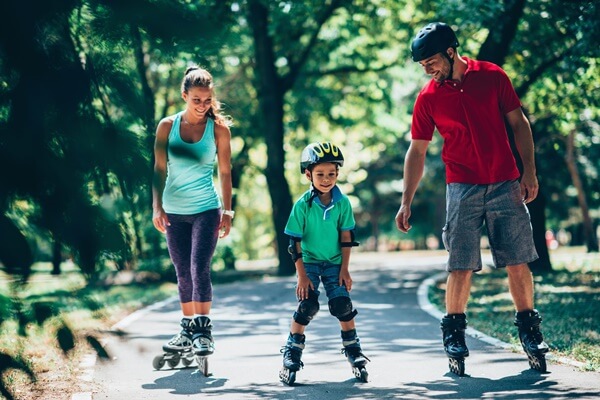
How Roller Skating Helps with Depression
It’s been found that roller skating is a great way to help with depression. This is because it’s a fun activity that can be done with friends and family. It also releases endorphins which can help improve mood and feelings of happiness.
Many people find roller skating a good way to improve their mood and feelings of happiness. A lot of people enjoy roller skating on a daily basis because it can be done with friends and family.
Roller skating also releases endorphins which can help improve mood and feelings of happiness. If you’re struggling with depression or have been diagnosed with depression, try roller skating as a form of physical activity.
Improving one’s Self-Esteem through Roller Skating
Roller skating is a sport that can be enjoyed by people of all ages and genders. It is also a great way to improve one’s self-esteem. Roller skating is an activity that will help the person learn to balance and gain confidence in their ability to do something they may not have done before.
The person will learn how to better control their body, which will give them more confidence in other aspects of their life. It is also a great way for people to meet new friends who share the same interests as them and have fun together.
The first thing to do is to get a pair of skates and find a skating rink near you. Then, go on and give it a try! You may have some difficulties at the beginning but as soon as you get the hang of it, you will feel very proud of yourself.
It’s not just about the physical benefits that come with skating, in fact, it also helps with mental health. Skating is an activity that requires concentration so your mind won’t wander off into negative thoughts or worries.
It’s also an opportunity for socializing and meeting new people who share your hobby!
Get Out with Roller Skating – Decreasing Stress & Promoting Mental Well-being
This section will conclude the article by highlighting the need for people to take time out of their day to do something they enjoy that will make them feel better.
Roller skating is a great way to get people out of their homes and into a new environment where they can be free and have fun. Roller skating also helps decrease stress, promotes mental well-being, and improves physical health.


